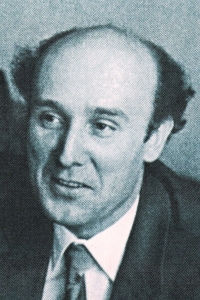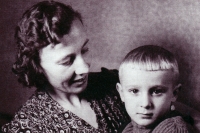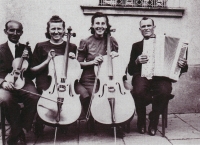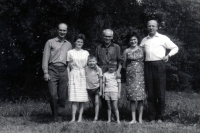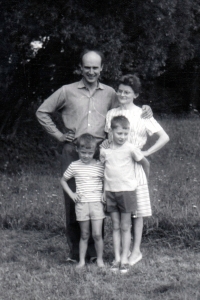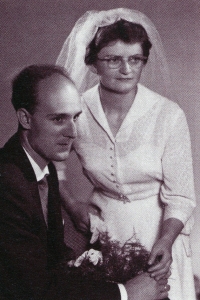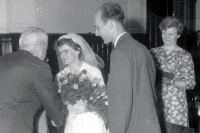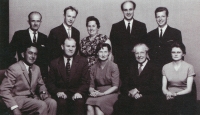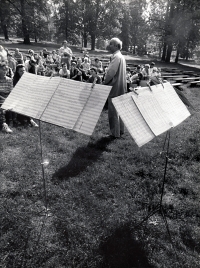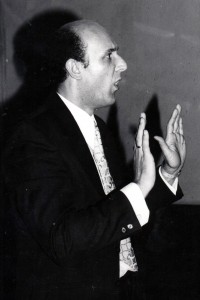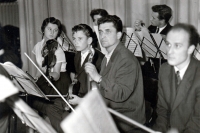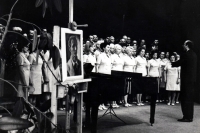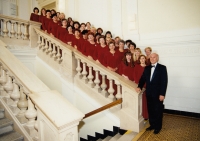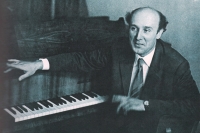All my life I have served music with humility

Download image
Milan Báchorek was born on August 18, 1939 in Staříč in Frýdek-Místek. His father worked as a rolling mill, his mother was a seamstress. Parents, sister and other relatives formed a family band and performed domestic music productions. He studied piano at the College of Music Education in Ostrava, which later became a conservatory. He taught at the Music School in Frenštát pod Radhoštěm for seven years. He also studied composition at the conservatory and then taught there for many years. He is one of the prominent Czech composers of the second half of the 20th century. The most appreciated works include the vocal symphonic compositions Lidice, Stereofonietta and Hukvald poem. He was actively involved in organizing musical life in the North Moravian region. He was a long-time choirmaster of the Radhošť Choir and Bohuslav Martinů Women’s Choir in Frýdek-Místek. In 1992 to 2004 he managed the Ostrava Conservatory. Under his leadership, the school moved to new premises and was named the Janáček Conservatory Ostrava.
